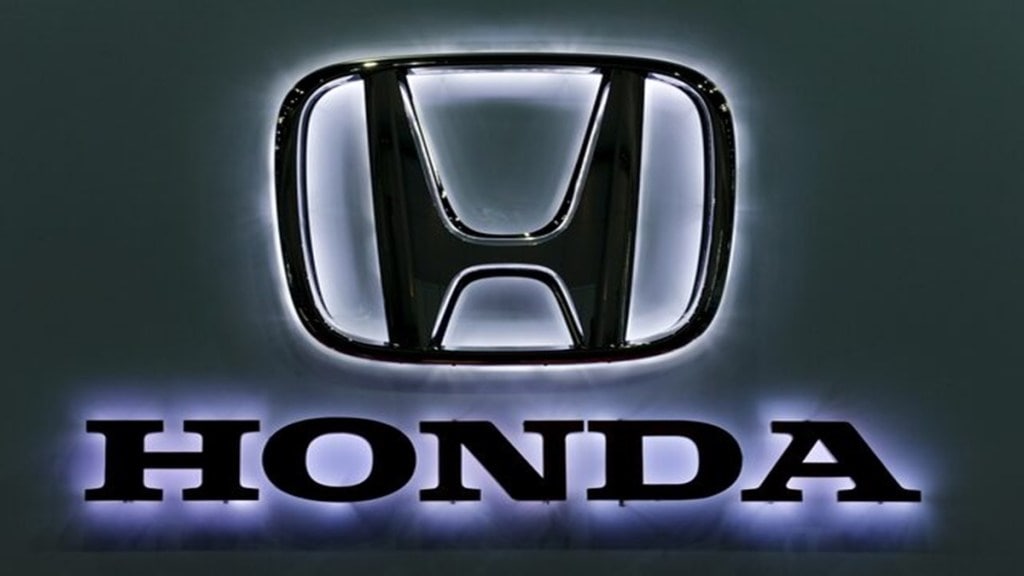Honda Motor Company has significantly trimmed its electric vehicle (EV) investment plans, shifting focus toward hybrid models amid a global slowdown in EV demand. The company now expects EVs to account for less than 30% of its total sales by 2030, falling short of its earlier target.
Announcing the same at its 2025 Business Briefing, Honda said it would now invest ¥7 trillion ($48.3 billion) in electrification through the fiscal year ending March 2031, down from the previously committed ¥10 trillion. President and CEO Toshihiro Mibe acknowledged the shift in strategy, emphasising a more flexible approach to electrification. “With the steady execution of this realignment, by 2030, we will strive to grow further and achieve total automobile sales volume above the current level of 3.6 million units, with a HEV sales target of 2.2 million units,” he said.
While Honda is easing its pace in the four-wheeler EV space, it remains committed to the two-wheeler electric segment, especially in India, its largest market. Mibe said that Honda’s dedicated electric motorcycle manufacturing plant in Karnataka will be operational by 2028. “Our dedicated electric motorcycle production plant, which will become operational in India in 2028, will enable us to further strengthen the business structure for our electric motorcycle products,” he said. The company plans to focus on models like the Activa e: and the upcoming QC1, with a renewed push into electric motorcycles following earlier efforts around scooters.
India accounted for 5.3 million of Honda’s 20.5 million global motorcycle sales in FY25, making the country its most significant two-wheeler market. Honda currently holds a 40% share of the global two-wheeler market and is the second-largest player in India.
In addition to its EV adjustments, Honda is pursuing improvements in hybrid technologies. The company aims to improve fuel efficiency by over 10% and reduce hybrid system costs by more than 50% compared to 2018 levels. Between 2027 and 2031, it plans to launch 13 new hybrid models globally. Honda is also developing in-house battery technology, a new platform for improved vehicle dynamics, and an advanced driver assistance system capable of operating on surface roads.
Earlier this month, Honda paused a C$15 billion ($10.7 billion) EV project in Ontario, Canada, citing declining demand. Despite the slowdown, Honda still targets all new vehicle sales to be either battery-electric or fuel-cell by 2040.
Mibe also said that discussions with Nissan and Mitsubishi to collaborate on technology remain underway, though no timeline has been set.
